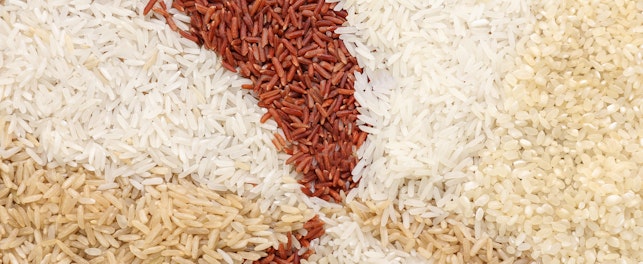We are excited to announce that SGS and Centaur, a provider of turnkey IoT SaaS solutions for the agricultural product supply chain, have joined forces to create a new solution, Cargo Predictive Modeling, for agricultural commodities in transit.
The solution fuses actual testing with automated data collection and Artificial Intelligence (AI) to predict and reveal cargo condition risks that may occur on the route of an ocean bulk carrier, river barge, or container ship. It is specifically targeted at companies that ship or receive grains and oilseeds.
When transporting grains, there is a risk of spoilage – which can result in rejected shipments and financial loss. Cargo Predictive Modeling will dramatically reduce this risk by running “what-if” scenarios, namely through predicting the impact of different cargo moisture levels and simulating anticipated storage conditions and atmospheric influences.
Initial implementation will focus on routes from South America to China, Western Europe and destinations in the Mediterranean, due to the high level of cargo spoilage seen on these routes over the years.
The model will continue to learn over time, producing actionable data to overcome the current challenges on these voyages. This means that the risk will continue to decline as time goes by.
The solution uses an advanced technique that models the propagation of thermodynamic and biological parameters within the mass of the commodities being stored or transported. It predicts the stability of the cargo and identifies areas that may be susceptible to temperature change, moisture migration and mold formation in each hold of a vessel or barge along its route. Centaur initially launched this technology in 2017 as part of its Internet-of-Crops® platform for stored grain monitoring and quality control. Leveraging the benefit of extensive data collected from multiple storage sites worldwide, under diverse climate conditions, the technology now serves as the foundation for Cargo Predictive Modeling.
Dr. Sotiris Bantas, Centaur President and CEO says: “Centaur is excited to work with a market leader such as SGS to bring our years of innovation and experience with our Internet-of-Crops® platform, into a toolset that offers unprecedented efficiencies and sustainable practices to commodity traders and buyers. The solution collects and processes anticipated climatic data along the planned route including ocean temperature and adapts it into a digital twin so that accurate, climate-correct predictions are provided to the user. Potential demurrage – caused by delays at arrival due to damages – can then be avoided through “what-if” scenarios and alternative routes can be planned if needed.”
Within twenty-four hours after the shipment is loaded a report is created that evaluates and supplies actionable data on the potential risks of cargo spoilage.
Preventing damage and losses of agricultural commodity shipments supports the optimization of land use and avoids unwanted greenhouse gas (GHG) emissions, making it a useful tool for achieving both sustainability and food security improvement objectives.
Paul Harrison, Global Vice President from SGS says: “It’s an exciting opportunity to combine SGS global network and technical expertise with state-of-the-art digital technology to provide this solution for the global agricultural commodity trading industry. It’s going to reduce our customers’ transportation risks, optimize their value chain performance, improve efficiency and sustainability of operations – and ultimately offer them a competitive advantage.”
SGS can package this dynamic solution into a complete supply chain service from field to table, resulting in cargo consistency, quality and safe delivery for all.
For further information please contact us.
Media contact:
Yulia Levandovska
Global Marketing Manager at SGS
t: +48 58 621 35 21
About SGS
We are SGS – the world’s leading testing, inspection and certification company. We are recognized as the global benchmark for quality and integrity. Our 96,000 employees operate a network of 2,700 offices and laboratories, working together to enable a better, safer and more interconnected world.
7, M. Eminescu Street,
Republic of Moldova,
Chisinau, Moldova



